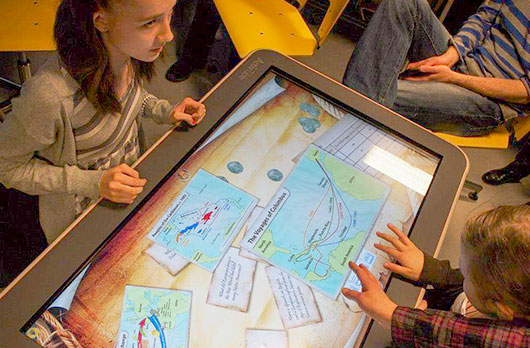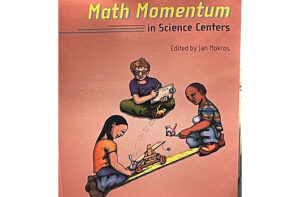Challenging Games Help Students Learn: An Empirical Study on Engagement, Flow and Immersion in Game-based Learning
Juho Hamari, David J. Shernoff, Elizabeth Rowe, Brianno Coller, Jodi Asbell-Clarke, Teon Edwards
Computers in Human Behavior, 54/PP.170-179
Summary
In this paper, we investigate the impact of flow (operationalized as heightened challenge and skill), engagement, and immersion on learning in game-based learning environments. The data was gathered through a survey from players (N ¼ 173) of two learning games (Quantum Spectre: N ¼ 134 and Spumone: N ¼ 40). The results show that engagement in the game has a clear positive effect on learning, however, we did not find a significant effect between immersion in the game and learning. Challenge of the game had a positive effect on learning both directly and via the increased engagement. Being skilled in the game did not affect learning directly but by increasing engagement in the game. Both the challenge of the game and being skilled in the game had a positive effect on both being engaged and immersed in the game. The challenge in the game was an especially strong predictor of learning outcomes. For the design of educational games, the results suggest that the challenge of the game should be able to keep up with the learners growing abilities and learning in order to endorse continued learning in game-based learning environments.

Related People:
Elizabeth Rowe, Jodi Asbell-Clarke, and Teon Edwards














